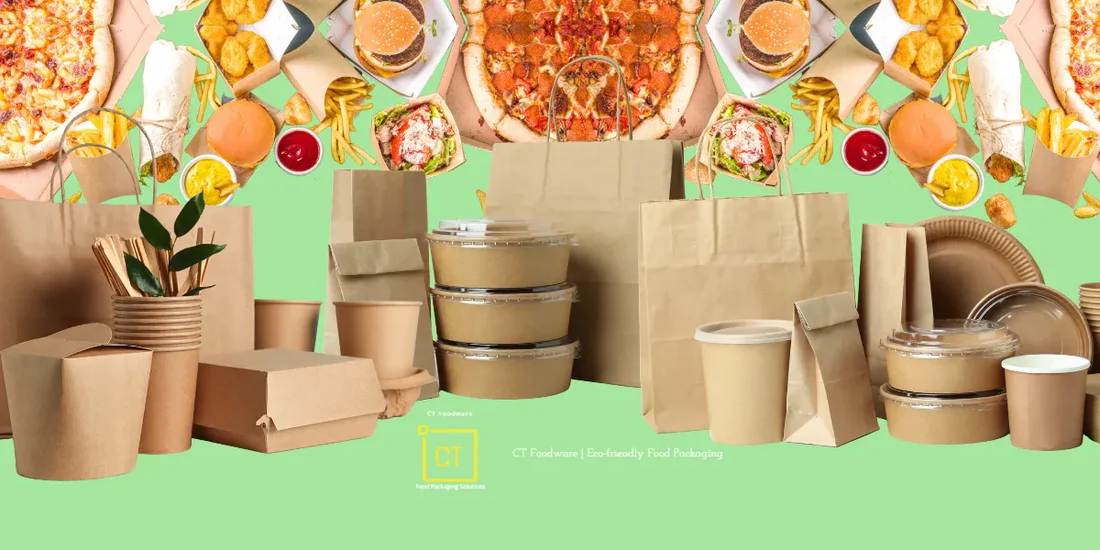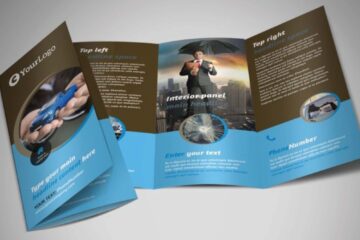In today’s environmentally-conscious world, the shift towards sustainable practices is imperative for businesses aiming to appeal to eco-aware consumers. One significant area where changes can make a profound impact is food packaging. As businesses strive to reduce their environmental footprint, adopting eco-friendly food packaging solutions becomes not just a choice, but a necessity for both ethical and economic success.
The Environmental Impact of Traditional Packaging
Traditional packaging materials, notably plastics, contribute extensively to environmental degradation. They are often non-biodegradable, leading to pollution in oceans and landfills. It’s estimated that millions of tonnes of plastic end up in the ocean annually, affecting marine life and ecosystems. Moreover, the production and disposal of these materials release countless greenhouse gases, exacerbating climate change.
Understanding Sustainable Packaging
Sustainable packaging, in contrast, balances functionality with minimal environmental impact. This can involve using materials that are biodegradable, recyclable, or sourced from renewable resources. Moreover, sustainable packaging considers the entire lifecycle of the product, aiming to reduce energy consumption and waste in production, usage, and disposal.
Benefits of Eco-Friendly Packaging for Businesses
The transition to sustainable practices offers numerous advantages for businesses. Besides reducing ecological impact, these solutions can enhance brand reputation and consumer trust. Many consumers actively seek brands that prioritise sustainability, and businesses that adhere to these values can foster a loyal customer base. Furthermore, as regulations around waste and packaging become stricter, adopting sustainable packaging proactively can help businesses avoid potential legal and compliance issues.
Eco-Friendly Packaging Solutions
1. Biodegradable Materials: One of the leading choices for sustainable food packaging is biodegradable materials. These materials break down naturally, reducing their impact on the environment. Common options include plant-based plastics, which decompose considerably faster than traditional plastics.
2. Recycled Content: Using recycled materials for packaging not only reduces the need for virgin resources but also diverts waste from landfills. Many companies are now incorporating recycled paper and plastics into their packaging solutions, which can be recycled again after use.
3. Minimalist Design: Reducing the amount of material used in packaging is also a sustainable strategy. Minimalist designs not only save materials and reduce waste but can also cut transportation costs due to reduced weight.
4. Reusable Packaging: Encouraging consumers to reuse packaging where possible can also significantly lower environmental impacts. Solutions like jars, glass bottles, and durable containers offer more sustainable alternatives to single-use packaging.
The Role of Technology and Innovation
Emerging technologies play a crucial role in the advancement of sustainable packaging. Innovations such as water-soluble films and edible packaging are pushing the boundaries of what’s possible, offering groundbreaking solutions that can transform the industry. Additionally, smart packaging solutions that monitor expiry and freshness can help reduce food waste, adding another layer of sustainability.
Paving the Way for a Greener Future
As the demand for sustainability grows, so does the need for businesses to align with these values. Transitioning to eco-friendly food packaging is a step towards a more sustainable future that modern businesses must be prepared to take. By committing to sustainable packaging solutions, companies not only contribute positively to the environment but also position themselves as leaders in the growing movement towards corporate sustainability.
Ultimately, embracing sustainable food packaging is more than just a trend; it is a responsibility that modern businesses have both to the environment and to future generations. By implementing these solutions, businesses can play a part in preserving our planet, while also reaping the economic and reputational benefits of being a forward-thinking, environmentally responsible brand.
Keep an eye for more latest news & updates on Forbes Zine!




